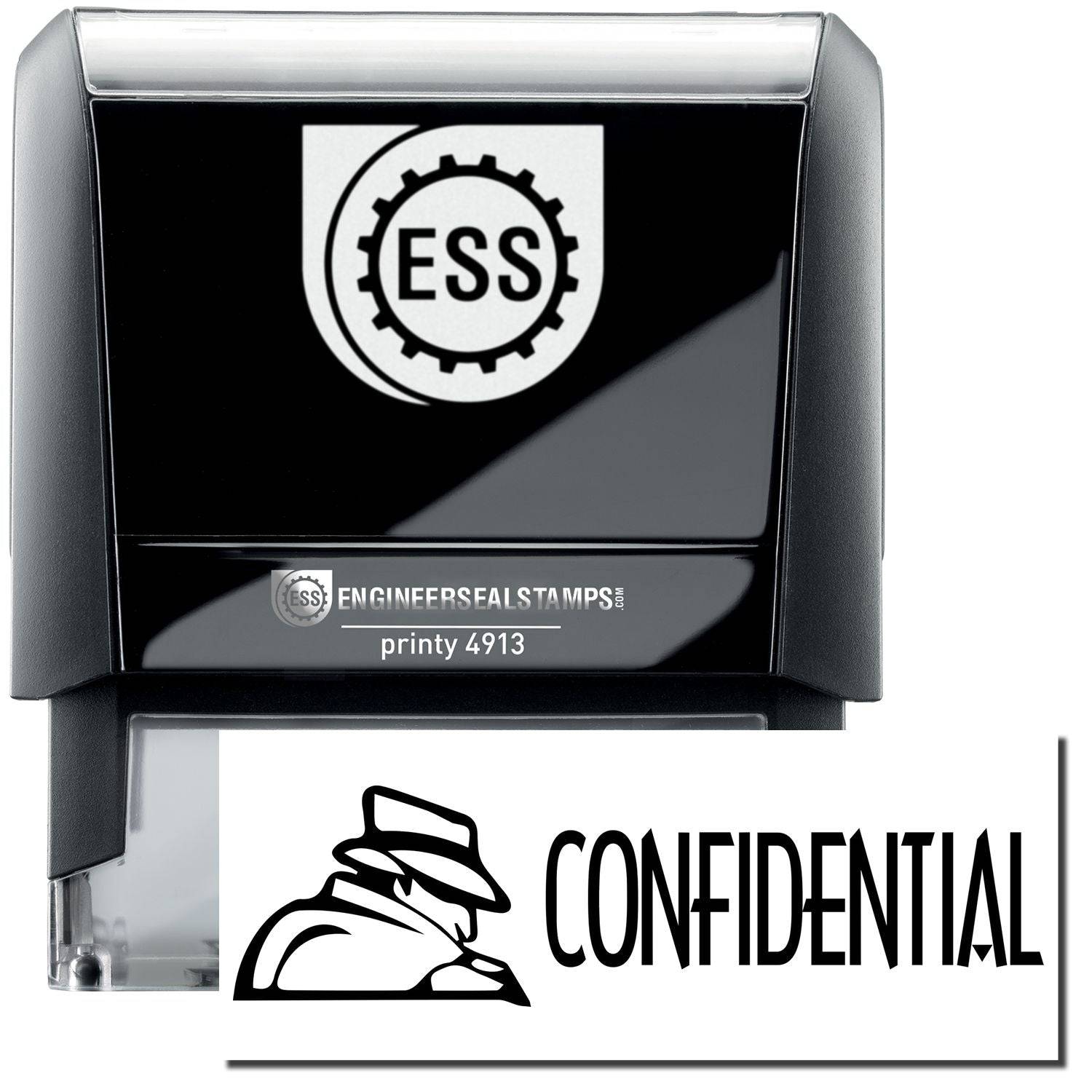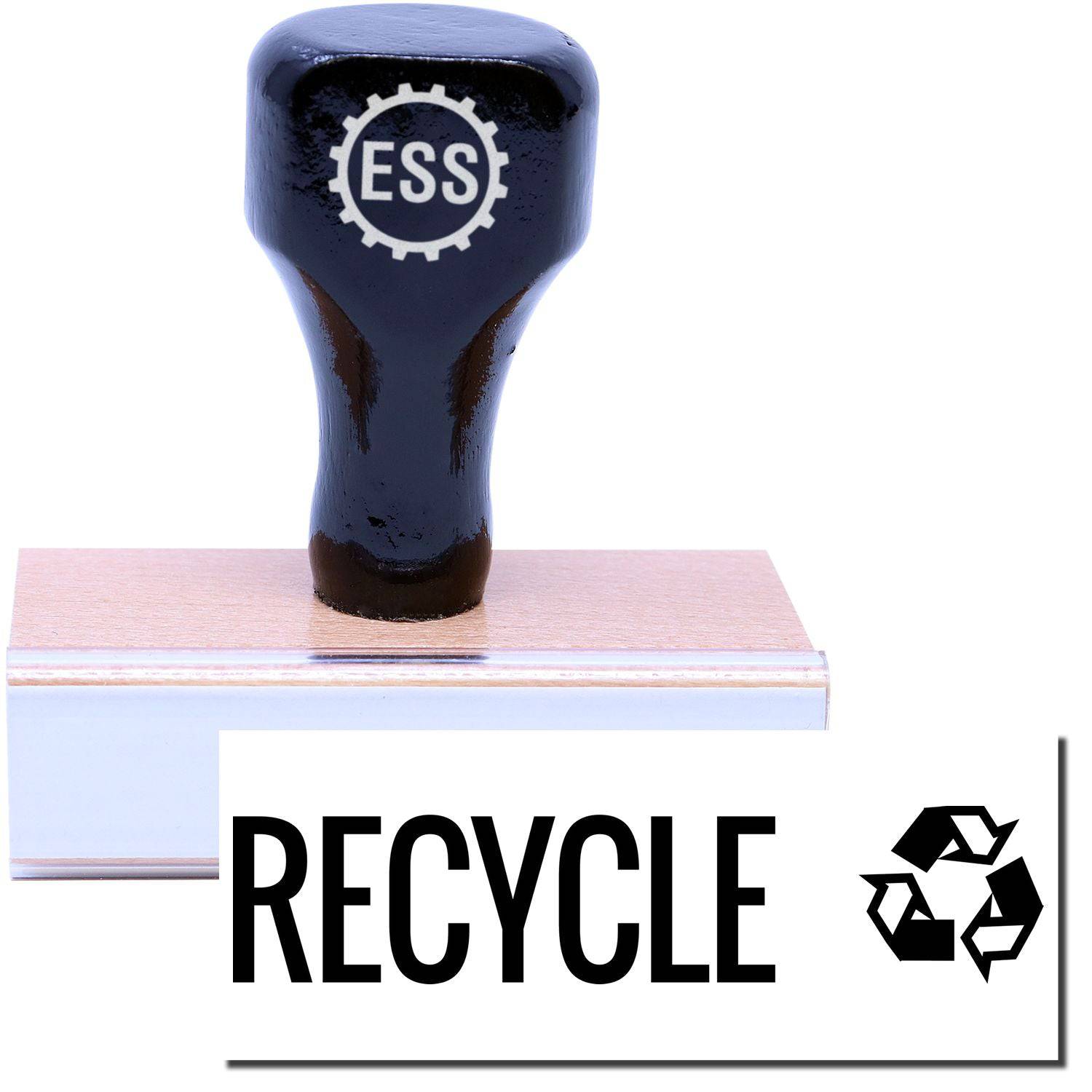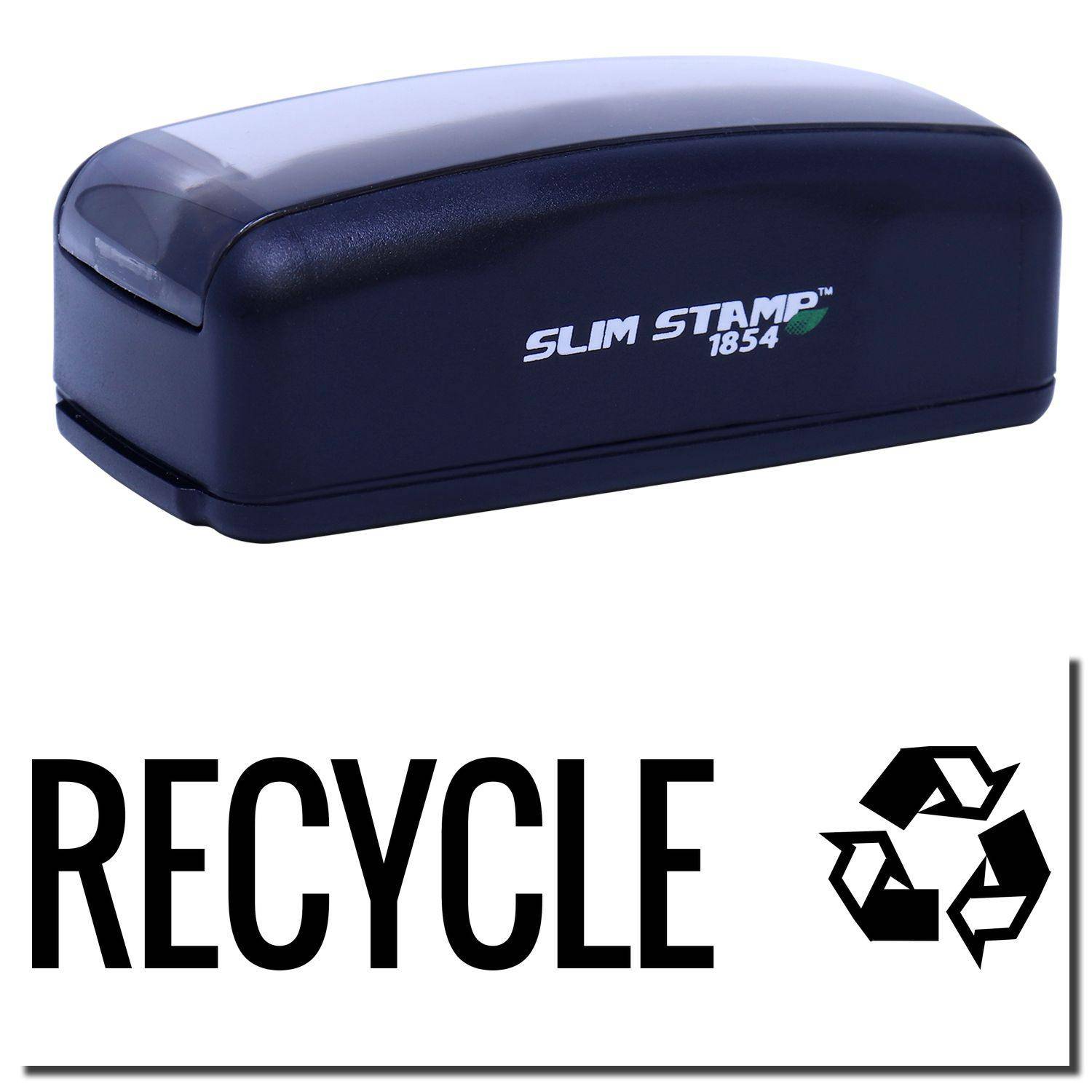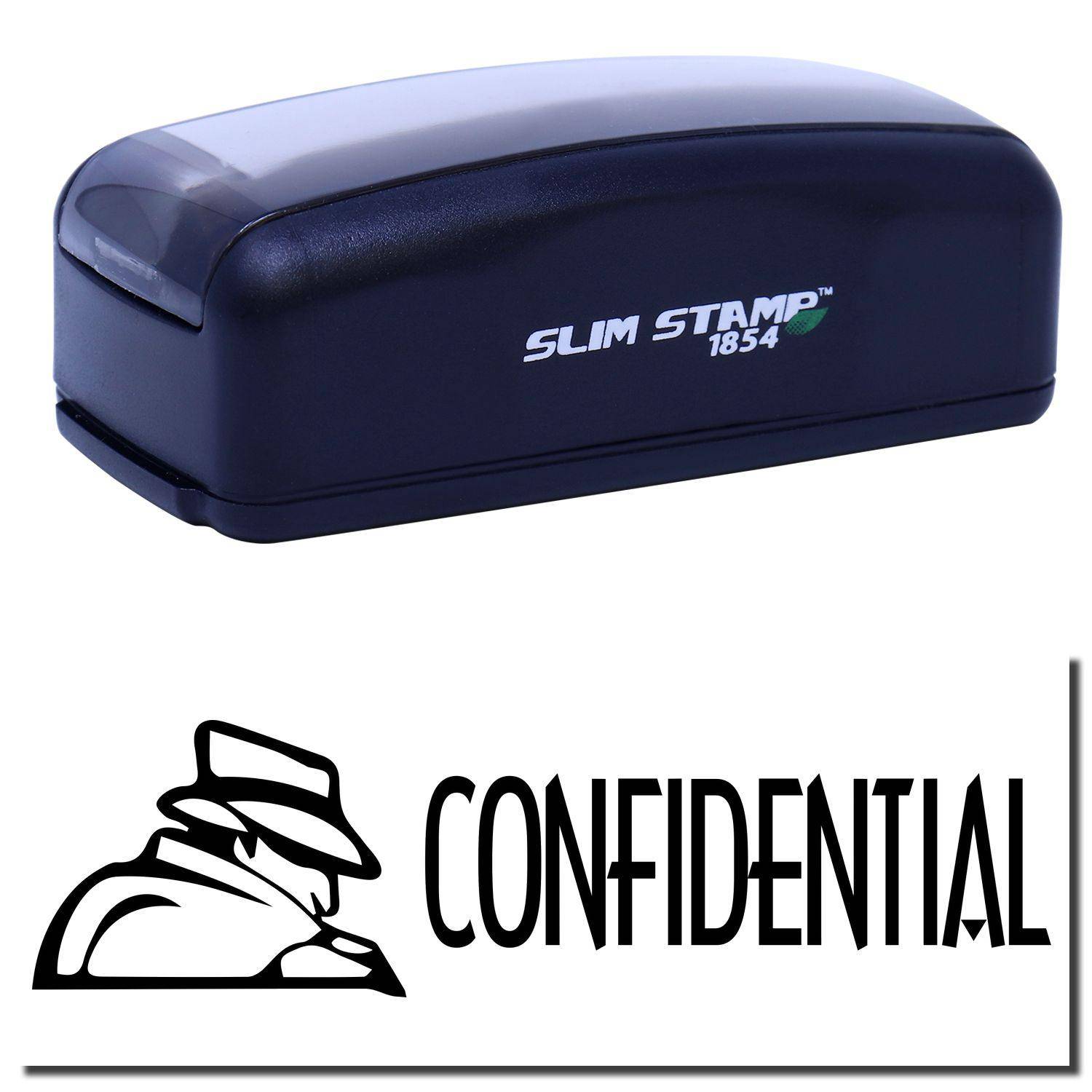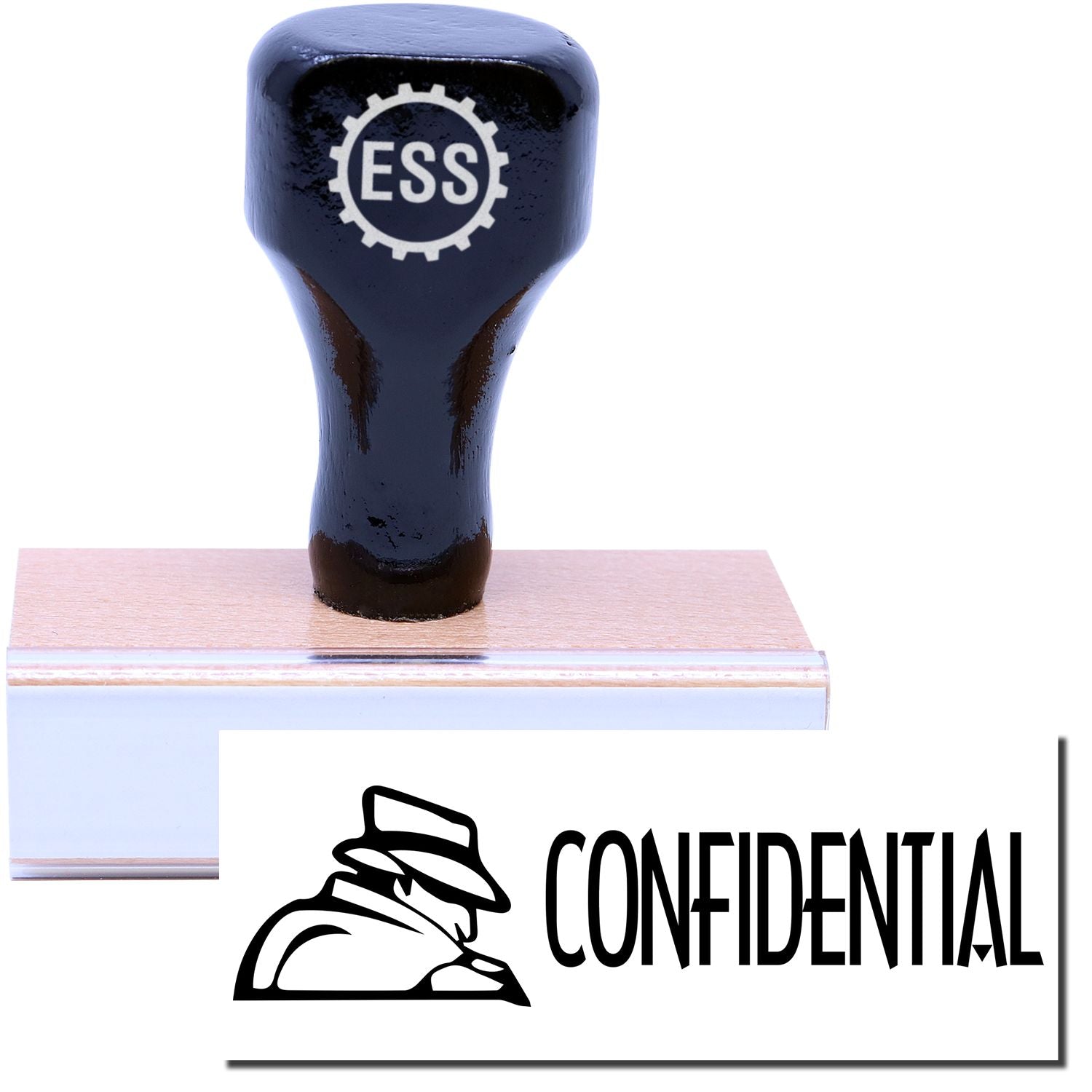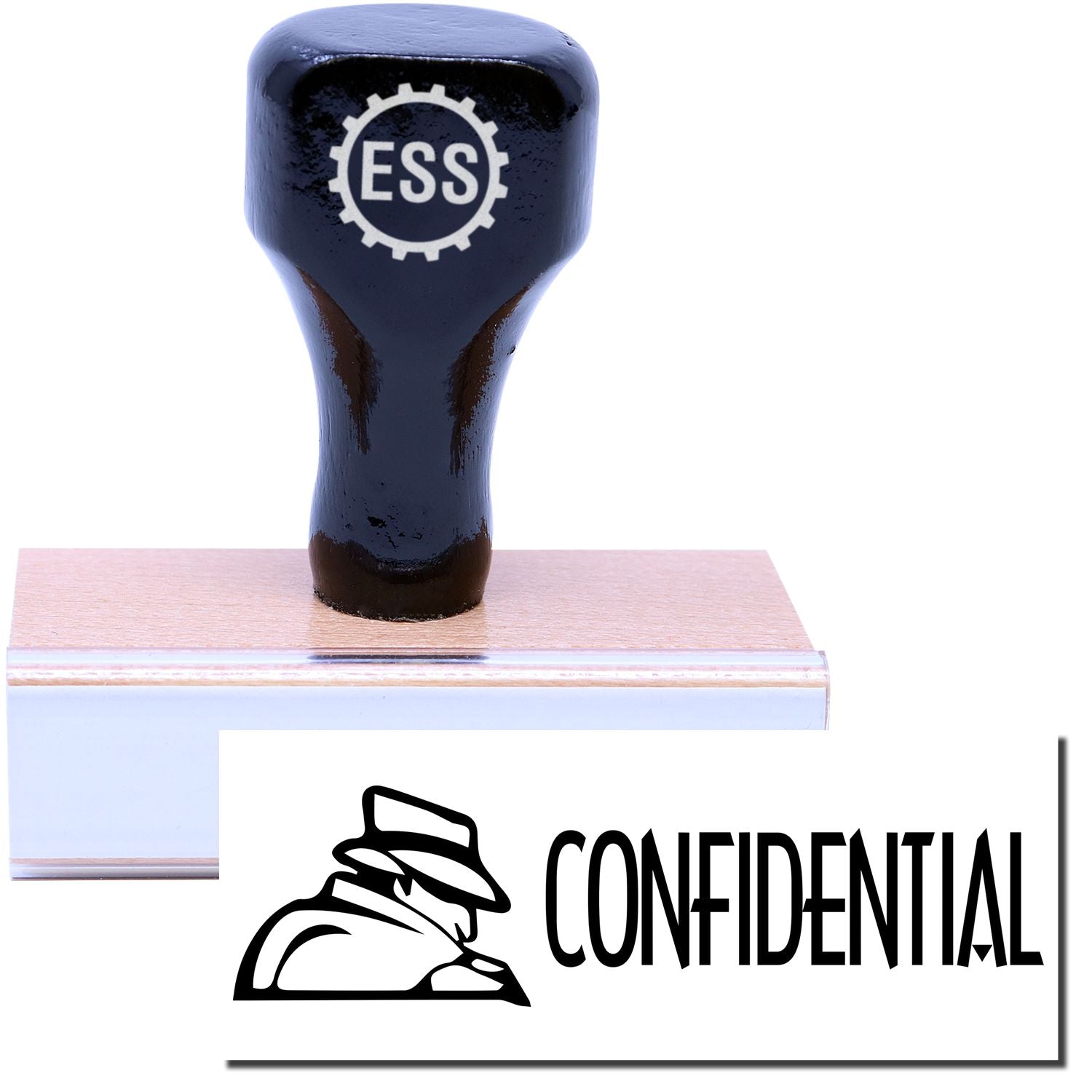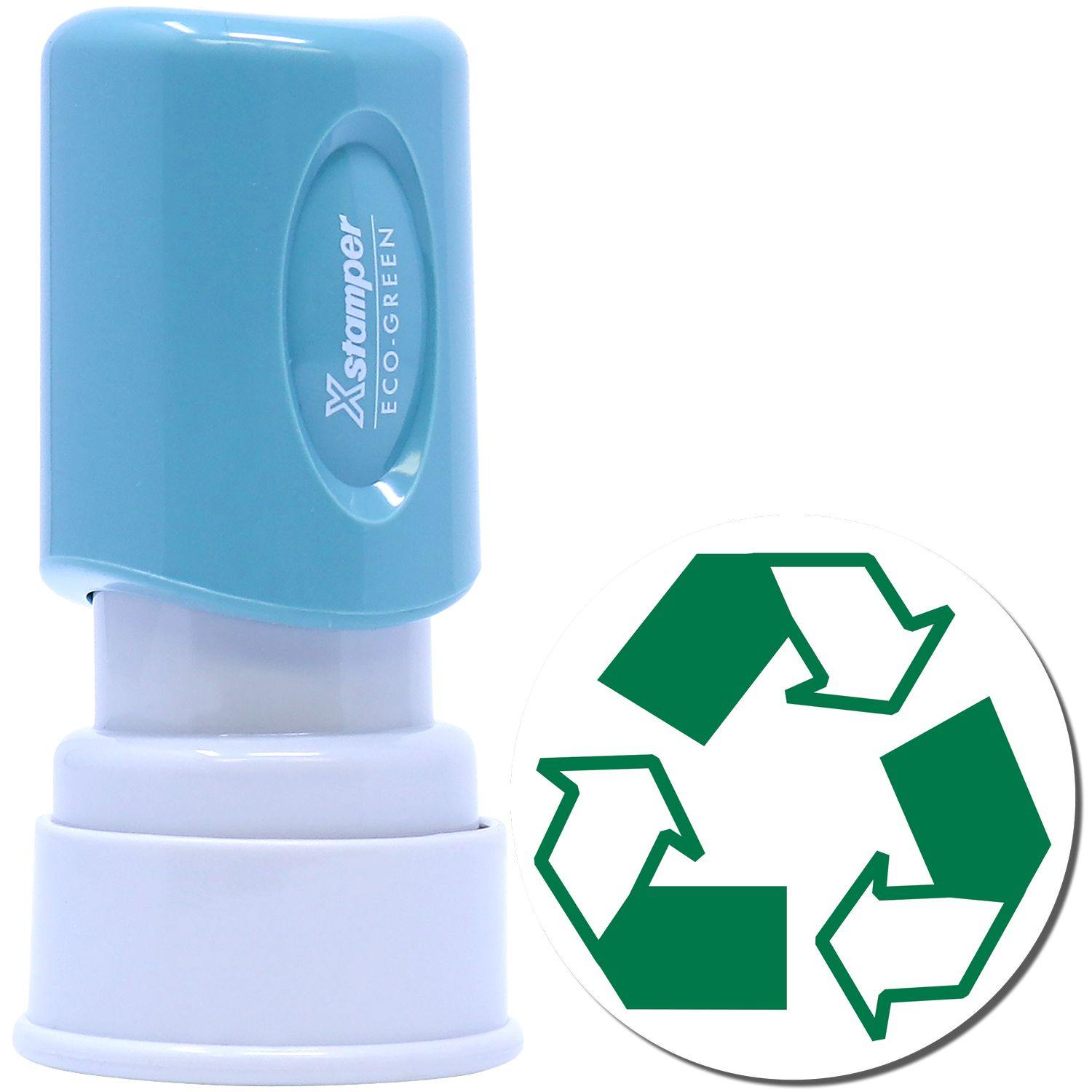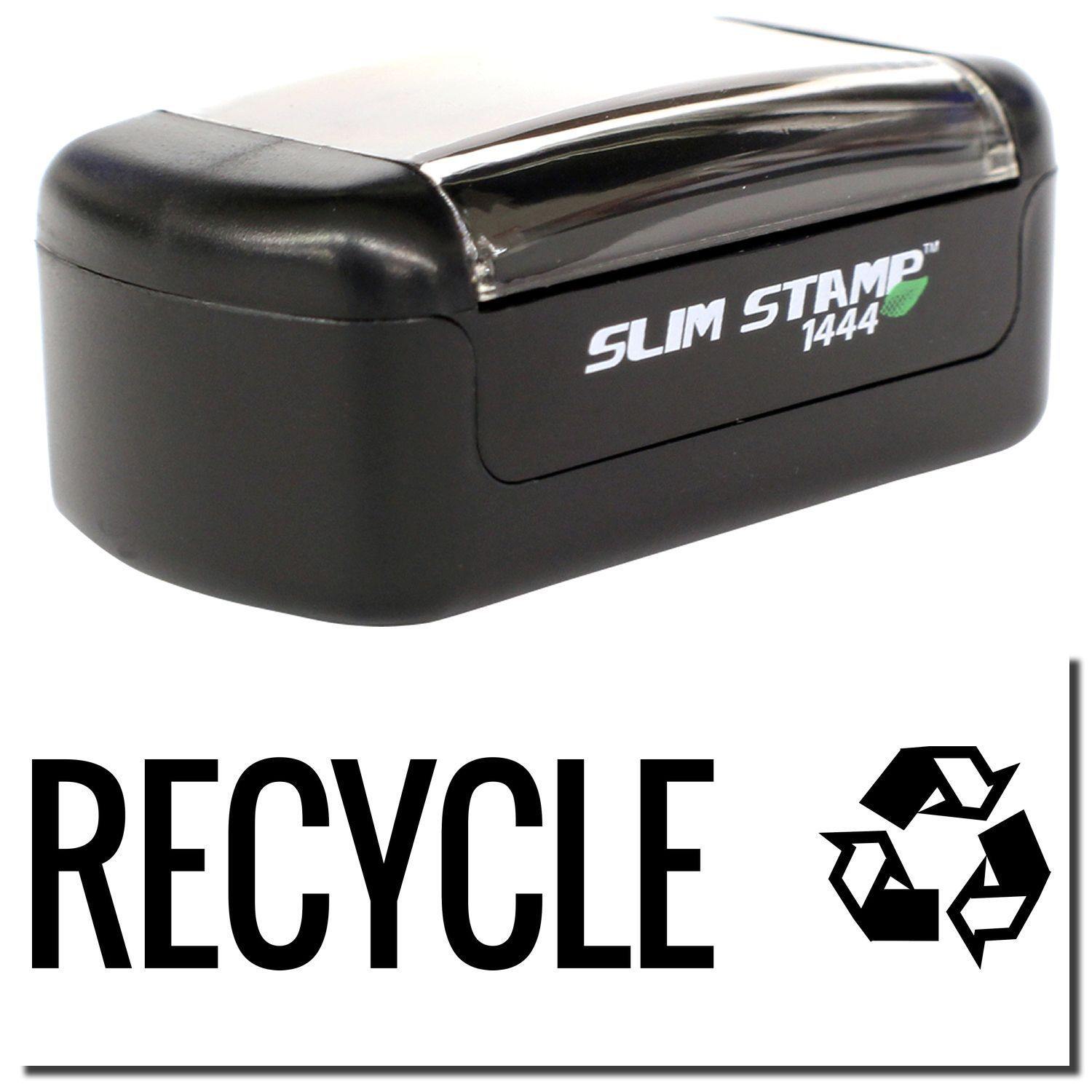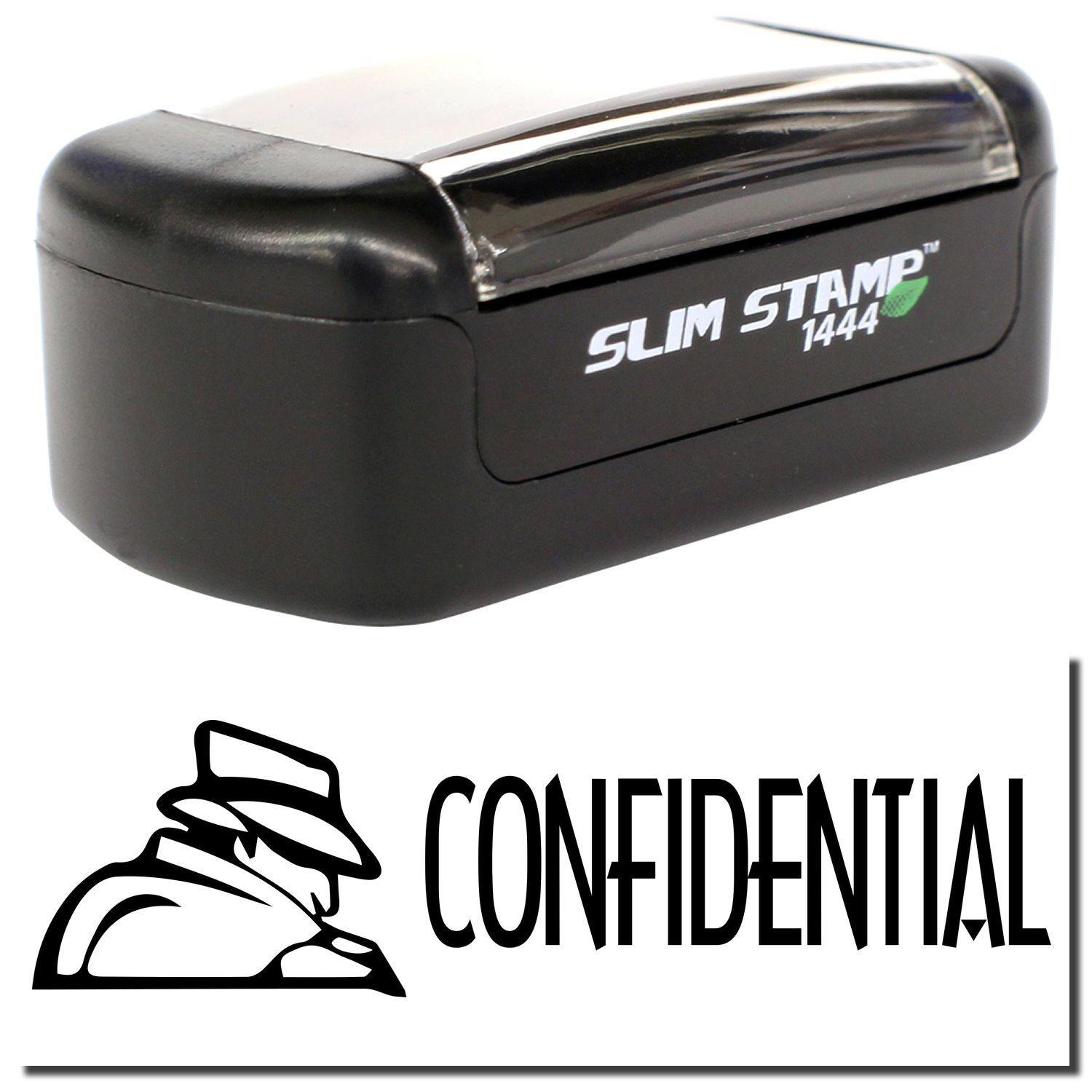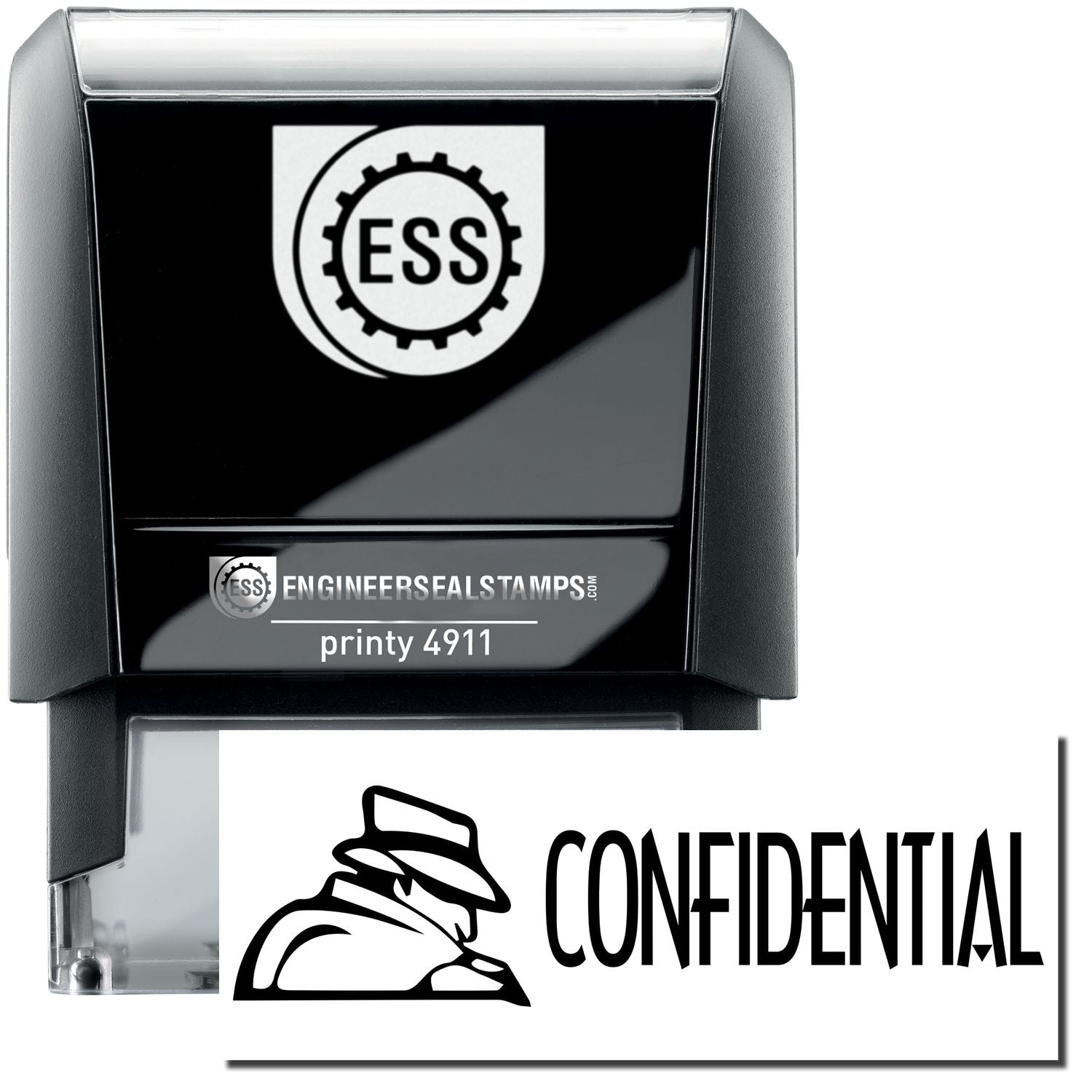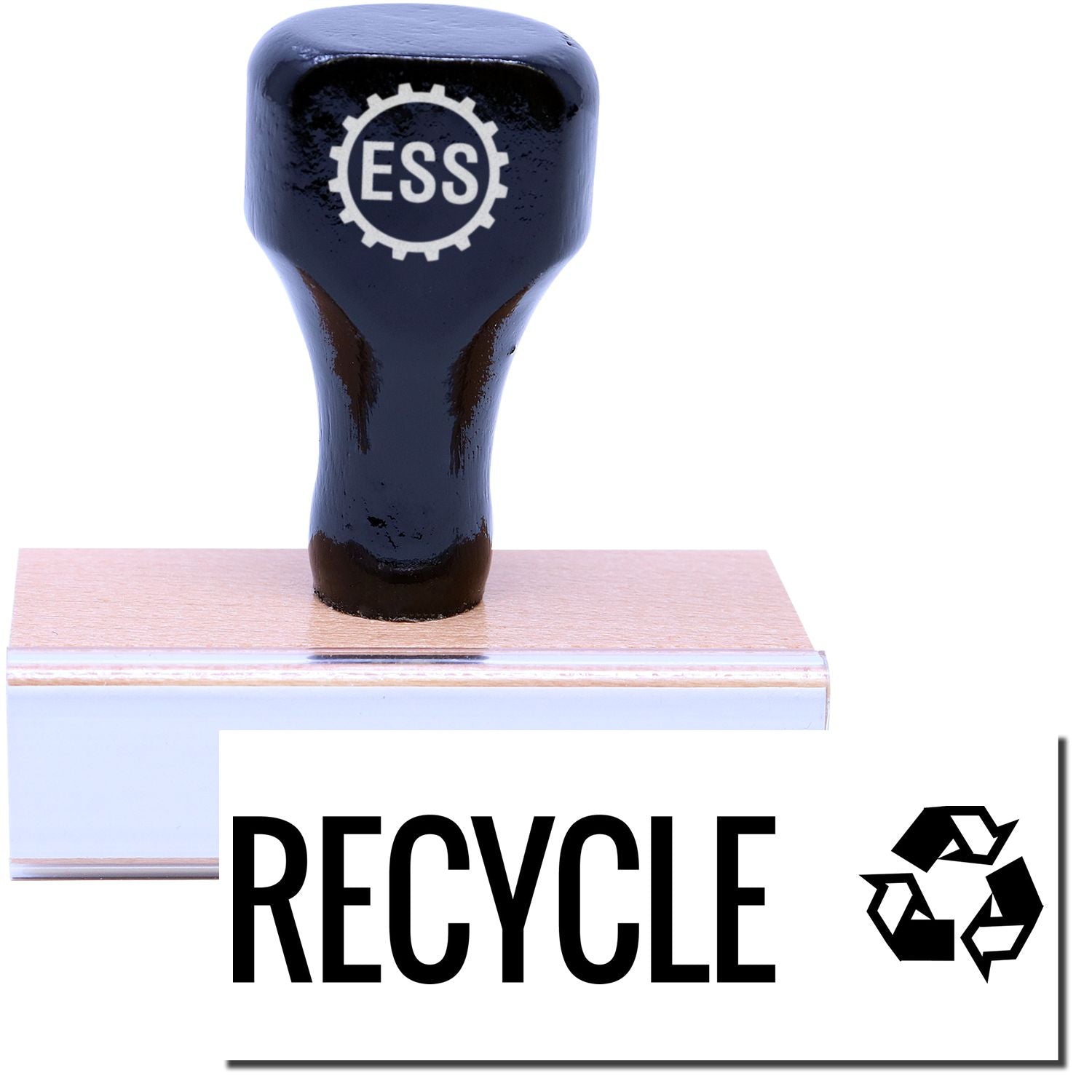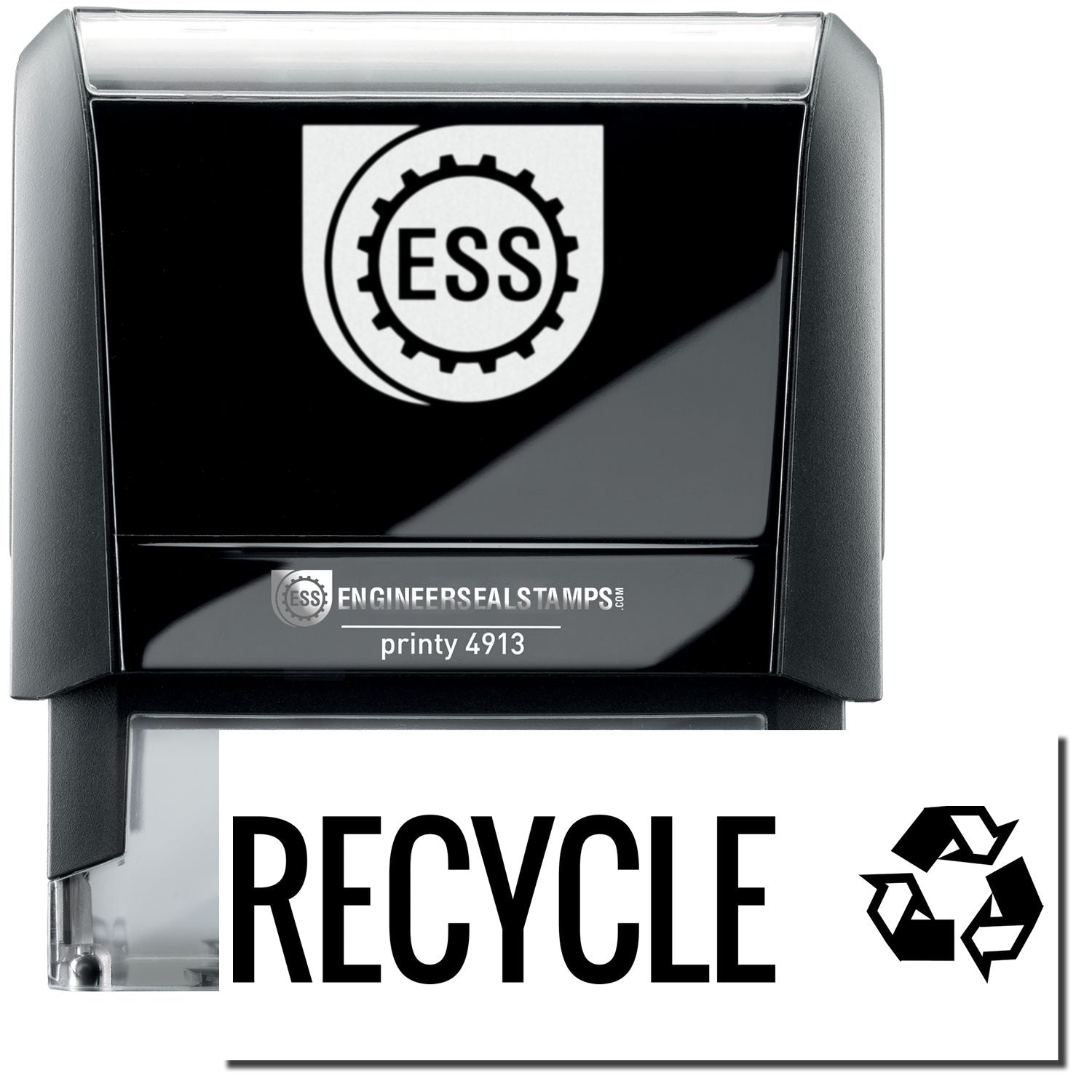The Importance of Quality Assurance in Manufacturing
Quality assurance plays a vital role in the manufacturing industry, ensuring that products meet the required standards of safety, reliability, and functionality. By implementing effective quality assurance processes, manufacturers can minimize defects, reduce costs, and maintain customer satisfaction. Two key components of quality assurance in manufacturing are understanding quality assurance and the role of inspection stamps.
Understanding Quality Assurance
Quality assurance encompasses a set of systematic activities that are designed to ensure that products or services meet specified requirements. It involves the implementation of processes and procedures to monitor and improve the quality of products throughout the manufacturing process. The primary goal of quality assurance is to prevent defects and ensure that products consistently meet customer expectations.
Quality assurance involves various activities such as inspection, testing, auditing, and documentation. These activities help to identify and rectify any deviations or non-conformities in the manufacturing process, ensuring that products are produced to the highest standards of quality. By maintaining rigorous quality assurance practices, manufacturers can enhance efficiency, reduce waste, and minimize the risk of product recalls or customer complaints.
The Role of Inspection Stamps
Inspection stamps are an essential tool used in quality assurance processes. These stamps are used to mark products, components, or documents to indicate that they have undergone inspection and meet the required quality standards. Inspection stamps serve as a visual indicator that a specific item has passed inspection and is ready for further processing or distribution.
By using inspection stamps, manufacturers can ensure that each product or component is thoroughly checked for quality before it moves forward in the production process. These stamps provide a clear and standardized way to communicate the inspection status of various items, helping to prevent any confusion or mix-ups during manufacturing.
Inspection stamps come in various types, including pre-designed inspection stamps, custom inspection stamps, and self-inking inspection stamps. Pre-designed inspection stamps are ready-made stamps that feature commonly used inspection messages, while custom inspection stamps can be personalized with specific information relevant to the manufacturing process. Self-inking inspection stamps offer convenience and efficiency by automatically re-inking the stamp after each use.
To learn more about inspection stamps and their applications in different industries, check out our article on inspection stamps.
In the next section, we will delve deeper into the different types of inspection stamps available and the factors to consider when choosing the appropriate stamp for your manufacturing needs.
What are Inspection Stamps?
Inspection stamps are valuable tools in the manufacturing industry that help ensure quality control and compliance with standards. These stamps are typically made of rubber and are used to mark or label various items during the inspection process. They play a critical role in maintaining quality assurance and traceability in manufacturing.
Definition and Purpose
Inspection stamps are customized rubber stamps that are designed to meet specific inspection requirements. They are used to mark products, materials, or documents as they go through the inspection process. These stamps typically include information such as the inspection date, inspector's initials, and other relevant details.
The primary purpose of inspection stamps is to provide a clear and visible indication that an item has been inspected and meets the required standards. They help track the progress of inspections, identify any potential issues or defects, and ensure that only approved items move forward in the manufacturing process. Inspection stamps are an essential part of quality control efforts and help maintain consistency and reliability in the production of goods.
Common Applications in Manufacturing
Inspection stamps find widespread use in various manufacturing sectors. Some common applications include:
-
Businesses: Inspection stamps are commonly used in a wide range of industries, including automotive, electronics, pharmaceuticals, and more. They help businesses streamline their inspection processes and maintain quality standards. For more information on inspection stamps for businesses, visit our article on inspection stamps for business.
-
Warehouses: Inspection stamps are utilized in warehouses to ensure accurate inventory management and quality control. They help identify inspected items, track their condition, and ensure compliance. Explore our article on inspection stamps for warehouses for further details.
-
Documents: Inspection stamps are also used to mark documents during the inspection process. They help identify reviewed documents, indicate the status of the inspection, and ensure that all necessary checks have been completed. Check out our article on inspection stamps for documents for more information.
-
Packaging: Inspection stamps play a crucial role in marking packaging materials to indicate that they have been inspected and meet quality standards. They help ensure that products are properly packaged and ready for distribution. Learn more about inspection stamps for packaging in our dedicated article.
-
Inventory: Inspection stamps are utilized in inventory management to track items that have been inspected and approved for use or sale. They help maintain accurate records and ensure that only high-quality items are included in the inventory. For more details on inspection stamps for inventory management, visit our article on inspection stamps for inventory.
-
Equipment: Inspection stamps are used to mark equipment and machinery that has undergone inspection. They help indicate that the equipment is safe to use and complies with regulatory requirements. Discover more about inspection stamps for equipment in our comprehensive article.
By utilizing inspection stamps, manufacturers can improve their quality assurance efforts, enhance traceability, and maintain compliance with industry regulations. These stamps serve as valuable tools in ensuring that only high-quality products are released to the market.
Types of Inspection Stamps
When it comes to inspection stamps for manufacturing, there are several types available to suit different needs. These include pre-designed inspection stamps, custom inspection stamps, and self-inking inspection stamps.
Pre-Designed Inspection Stamps
Pre-designed inspection stamps are ready-made stamps that come with standardized designs and commonly used inspection messages. These stamps are a convenient option for those who require basic inspection markings without the need for customization. They often include commonly used phrases such as "approved," "rejected," "inspected," and other quality control indicators. Pre-designed inspection stamps are readily available and can be a cost-effective choice for businesses that have straightforward inspection requirements.
Custom Inspection Stamps
For businesses with specific inspection needs, custom inspection stamps offer a tailored solution. These stamps can be personalized with company logos, inspection codes, specific text, or any other desired information. Custom inspection stamps allow for greater flexibility and enable businesses to create unique impressions that align with their branding or specific inspection requirements. They are an ideal choice for organizations that need to include specific details on their inspection stamps, such as part numbers, dates, or serial numbers. To learn more about the benefits and applications of custom inspection stamps, visit our article on custom inspection stamps.
Self-Inking Inspection Stamps
Self-inking inspection stamps are a popular choice for their convenience and ease of use. These stamps are designed with an integrated ink pad that automatically re-inks the stamp after each impression. This eliminates the need for separate ink pads and ensures consistent and clean stamp impressions with every use. Self-inking inspection stamps are a time-saving option as they eliminate the need for manual inking, allowing for quicker and more efficient inspections. They are available in various sizes and can be customized to meet specific requirements. To explore more about self-inking inspection stamps, you can refer to our article on self-inking inspection stamps.
When choosing the right type of inspection stamp for your manufacturing needs, it's important to consider factors such as durability, legibility, and customization options. By selecting the appropriate inspection stamp type, you can streamline your inspection processes, enhance quality control, and ensure compliance with industry standards.
Factors to Consider When Choosing Inspection Stamps
When selecting inspection stamps for your manufacturing needs, there are several important factors to consider. The right stamp can greatly impact the efficiency and accuracy of your inspection processes. Here are three key factors to keep in mind: durability and longevity, clarity and legibility, and customization options.
Durability and Longevity
Durability and longevity are crucial when it comes to inspection stamps. The stamp should be able to withstand frequent use and varying environmental conditions. Look for stamps made from high-quality materials, such as durable rubber or polymer, that can withstand repeated impressions without wearing down.
Additionally, consider factors such as the stamp's housing or casing. A sturdy casing can protect the stamp from accidental damage and extend its lifespan. Ensure that the stamp is designed for heavy-duty use and can handle the demands of your specific manufacturing environment.
Clarity and Legibility
Clarity and legibility are essential for inspection stamps to effectively communicate information. The stamp impression must be clear and easy to read, ensuring that it can be quickly and accurately interpreted by inspectors and other stakeholders.
When choosing an inspection stamp, consider the size and design of the stamp's characters. Opt for stamps that offer clear, crisp impressions without smudging or smearing. The font and size of the characters should be legible even on small or irregularly shaped surfaces. This is particularly important when stamps are used on various materials or products with different textures.
Customization Options
Customization options play a significant role in ensuring that your inspection stamps meet the specific needs of your manufacturing process. Look for stamps that can be customized with your company's name, logo, or specific inspection information. This allows you to create a stamp that aligns with your unique requirements and facilitates seamless integration into your existing inspection procedures.
Consider whether you need a stamp with a fixed design or if you require the flexibility to change the information on the stamp. Some stamps offer interchangeable bands or plates, allowing you to modify the inspection details as needed. This can be particularly useful when dealing with evolving inspection standards or changing product requirements.
By carefully considering the factors of durability and longevity, clarity and legibility, and customization options, you can choose inspection stamps that are well-suited to your manufacturing needs. Remember to explore options like custom inspection stamps, self-inking inspection stamps, and pre-inked inspection stamps to find the best fit for your specific requirements.
Ensuring Compliance and Accuracy
To maintain high standards in manufacturing, ensuring compliance and accuracy during inspections is essential. Inspection stamps play a crucial role in this process by providing clear and consistent markings. Let's explore the importance of standards and regulations, the proper usage and maintenance of inspection stamps, and the benefits they offer.
Standards and Regulations
In the manufacturing industry, various standards and regulations govern quality control and inspection processes. These standards ensure that products meet specific criteria and adhere to industry-specific guidelines. When using inspection stamps, it is important to consider these standards and regulations to ensure compliance.
Different industries may have their own specific requirements for inspections. For example, the automotive industry may have specific regulations for safety and performance, while the food industry may have regulations related to hygiene and packaging. Understanding and adhering to these standards is crucial to ensure the accuracy and effectiveness of inspections.
Proper Usage and Maintenance
To ensure the accuracy and longevity of inspection stamps, proper usage and maintenance are essential. It is important to use the stamp correctly, applying the right amount of pressure and ink to achieve clear and legible marks. Regular cleaning and maintenance of the stamp can help prevent ink buildup and ensure consistent performance.
Inspectors should also familiarize themselves with the specific features and capabilities of the inspection stamp they are using. This includes understanding the recommended ink type, re-inking procedures, and any special instructions provided by the manufacturer. Following proper usage and maintenance practices will help maintain the stamp's performance and accuracy.
Benefits of Using Inspection Stamps
Using inspection stamps offers numerous benefits in the manufacturing industry. Let's explore some of these benefits:
-
Efficiency and Time Savings: Inspection stamps help streamline the inspection process by providing a quick and consistent method of marking. This saves time compared to manual marking methods, such as writing or using stickers.
-
Consistency and Accuracy: Inspection stamps provide consistent markings, ensuring that inspections are standardized and accurate. This helps maintain quality control and ensures that products meet the required standards.
-
Traceability and Documentation: Inspection stamps allow for easy traceability and documentation of inspections. The marked items serve as proof that inspections have been conducted, providing a record of compliance and quality assurance.
-
Customization and Flexibility: Inspection stamps can be customized to include specific information such as dates, codes, or company logos. This allows for greater flexibility in meeting industry-specific requirements and branding needs.
-
Cost-effective: Inspection stamps offer a cost-effective solution for marking inspections compared to other methods. They are durable and can be used repeatedly without the need for additional supplies like stickers or labels.
By adhering to standards and regulations, using inspection stamps correctly, and understanding the benefits they offer, manufacturers can ensure compliance, accuracy, and efficiency in their inspection processes. To learn more about inspection stamps and their applications in various industries, visit our article on inspection stamps.
About ESS
At Engineer Seal Stamps (ESS), we aren't just makers; we're dedicated craftsmen passionate about bringing precision to your fingertips. Specializing in the creation of custom rubber stamps, professional seals, and notary stamps, our expertise is underpinned by a steadfast commitment to stellar customer service. Every ESS product isn't just a tool, but a promise—backed by our state board guarantee, ensuring that each seal and stamp you receive from us is of impeccable standard. Our dedication extends beyond the product; we pride ourselves on being responsive, attentive, and always in tune with our customers' needs. Choose ESS, where excellence meets assurance, and every impression counts.


